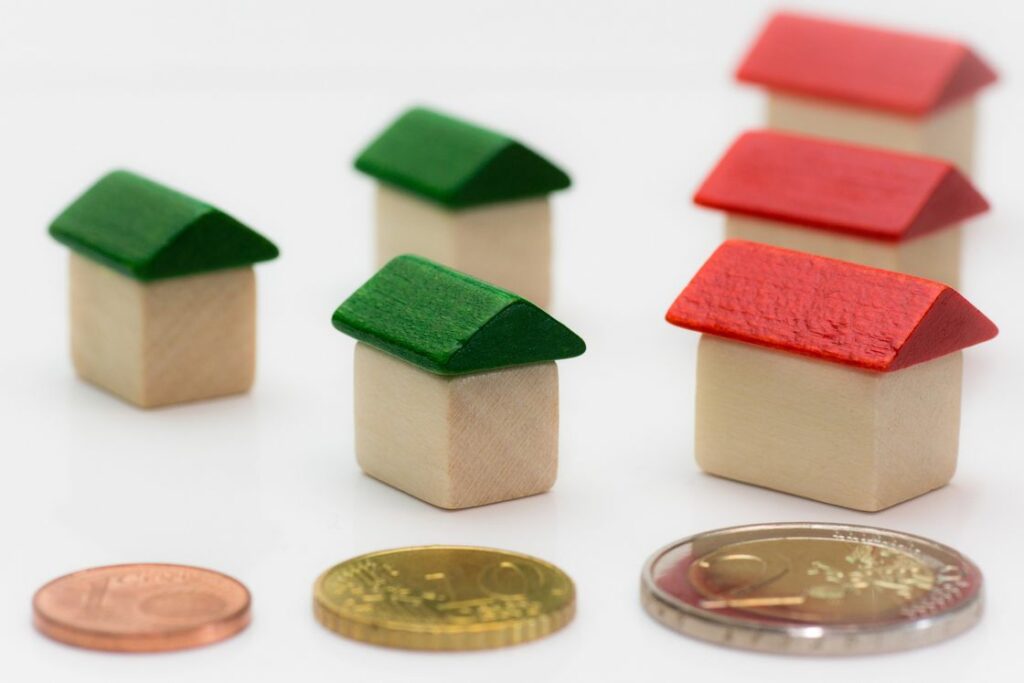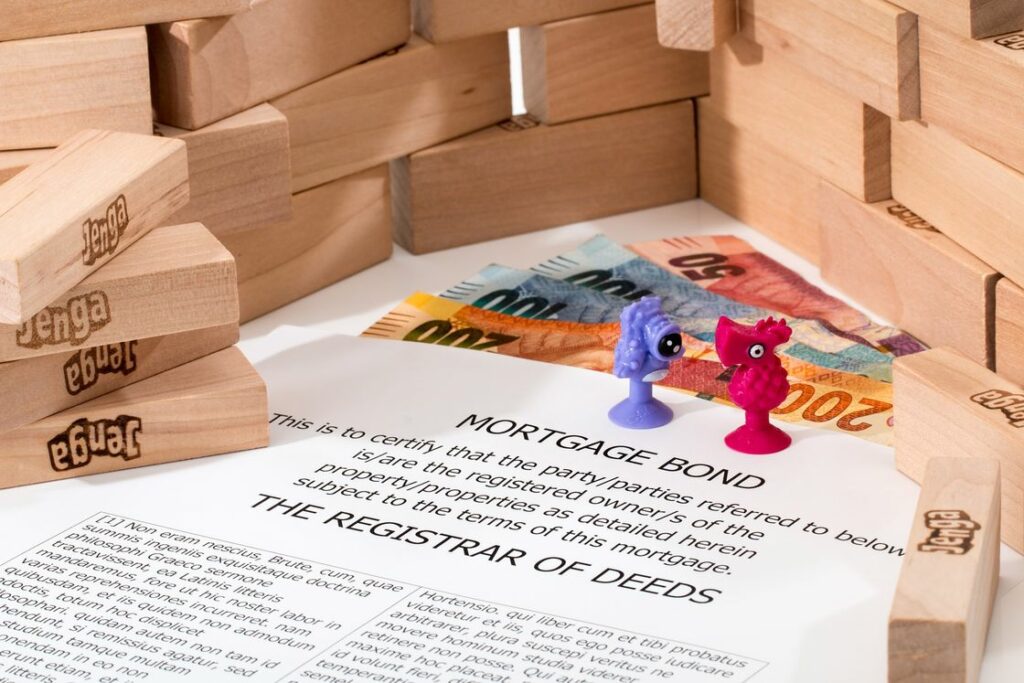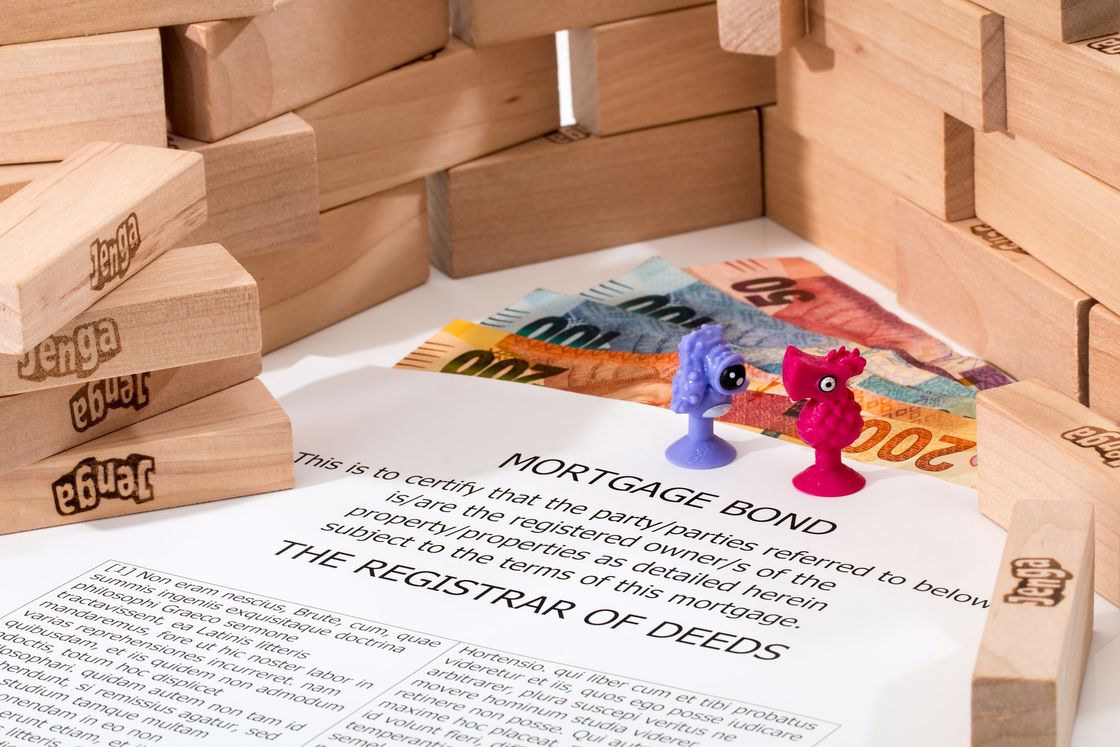While fundamentals such as supply and demand are always at play, additional factors such as mortgage rates, inflation, and even international economic situations can significantly impact the housing market. This makes understanding the impact of rising mortgage rates on the housing market a necessity in these times.
Impact of Rising Mortgage Rates on the Housing Market
Inflation is the primary cause of rising mortgage rates. The government cannot directly control the rates. However, in a bid to battle rising inflation and reduce the supply of money, it increases the federal funds’ rate. This increase makes borrowing more expensive and indirectly leads to increasing mortgage interest rates.

The impact of rising house loan rates on the market can be significant and far-reaching. When rates increase, it becomes more expensive for individuals and families to purchase a home, which can decrease the demand for housing. This decrease in demand can lead to a decrease in home prices, as sellers are forced to lower their prices to attract buyers.
Here is how rising housing loan rates impact different parties in the market and the economy:
Homebuyers
As a general rule, rising interest rates make purchasing or selling a home more challenging, while falling rates have the opposite effect. In the eyes of homebuyers, rising housing loan rates equal falling affordability.
One of the most immediate impacts of rising rates is that they can make it more difficult for first-time homebuyers to enter the market. These buyers often have limited resources and may not be able to afford the higher monthly payments that come with higher interest rates.
As a result, they may be forced to delay their plans to purchase a home or may even be priced out of the market entirely. Even homeowners looking to buy a new house may find it challenging to move out of their current home.
Homeowners
Another impact of rising rates is that they can lead to a decrease in refinancing activity. When rates are low, many homeowners will refinance their mortgages in order to take advantage of the lower rates and lower their monthly payments. However, when rates are high, refinancing may no longer be an attractive option for many homeowners.
This can lead to a decrease in the overall activity in the market, as fewer people are buying and refinancing homes.

Investors
Real estate investors, like landlords, should expect their mortgage payment (assuming they have a variable rate mortgage) to rise dramatically over the next five years. Consequently, cash flow for property investors is expected to decrease.
As a result of the rising cost of borrowing money, many property owners may find that their rental properties are no longer profitable. Owing to how earnings are computed, even if a landlord loses money, they still appear to be doing well on paper.
Therefore, property owners will have to dig deeper and deeper into their pockets to meet the annual tax obligation. As a result of the increasing costs associated with maintaining their properties due to the higher taxes and interest rates, many experts predict that some property owners may be forced to sell.
Housing Inventory
The price of any commodity or service may be broken down into its basic components:
- Supply and
- Demand.
The demand for something drives up its price. However, costs tend to decrease as more of a given commodity enters the market. Like how new listing spikes can affect the real estate market, the number of available house listings in a given area can be affected by many variables.
There needs to be more supply introduced into the current housing market to combat low housing inventory, and new development is the primary means to do so. Nonetheless, increased labor and material costs can impede new buildings. Construction slows due to rising loan rates and lower home prices, both limiting supply increases in the market.
Rising Mortgage Rates and the Economy
Rising mortgage rates can also have an impact on the overall economy. The housing market is closely tied to the economy, and a slowdown in the market can also lead to a slowdown in other areas of the economy.

For example, if home prices decrease and fewer people will buy new homes, this can lead to a decrease in construction activity and less demand for building materials. Additionally, if fewer people are able to purchase homes, this can lead to a decrease in consumer spending and a reduction in economic growth.
Rising home loan rates can also lead to an increase in loan defaults, as borrowers may find it harder to meet their mortgage payments, which can lead to a decrease in the value of assets held by the banks and other financial institutions, leading to a decrease in their lending capacity, which can lead to a credit crunch in the economy.
Opportunities for Homebuyers
Since purchasing a home now requires a larger down payment due to increased mortgage rates, the market has become less competitive. Homebuyers can take advantage of this by:
- Negotiating a price lower than the asking price
- Having the seller pay some of the buyer’s closing expenses or
- Even paying mortgage points to lower their interest rate.
Currently, house loan rates are much higher than they were a year ago as the housing market rebalances. While there is a slowdown in home values, you might venture into a market with fewer bidders than a year before; instead of competing with five others, there might be just two.
If you are in the market for a new home right now, you should keep an eye on the monthly payments. If you want to buy a house in Arizona, you want to take advantage of a flat fee agency like AZ Flat Fee to minimize expenses. With as low as $3500, you can enjoy the premium services the agency offers.
Conclusion
Everyone is worried about the market as a result of rising interest rates and general market volatility. As we wait to see the impact of the rising rate, it is difficult to predict what will happen next. Regardless, there is a somewhat bright side to the situation with bidding wars becoming less common.








